
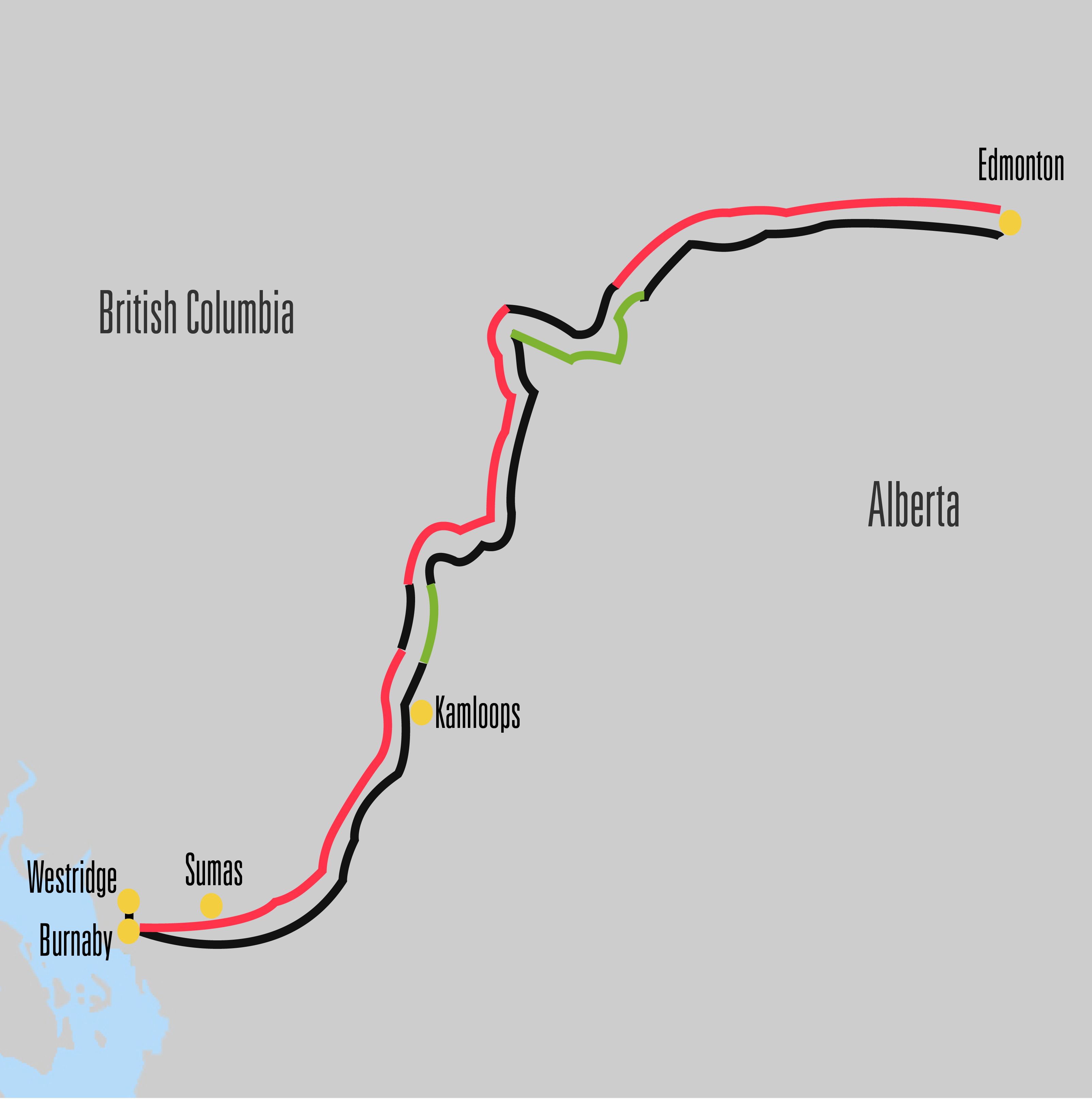
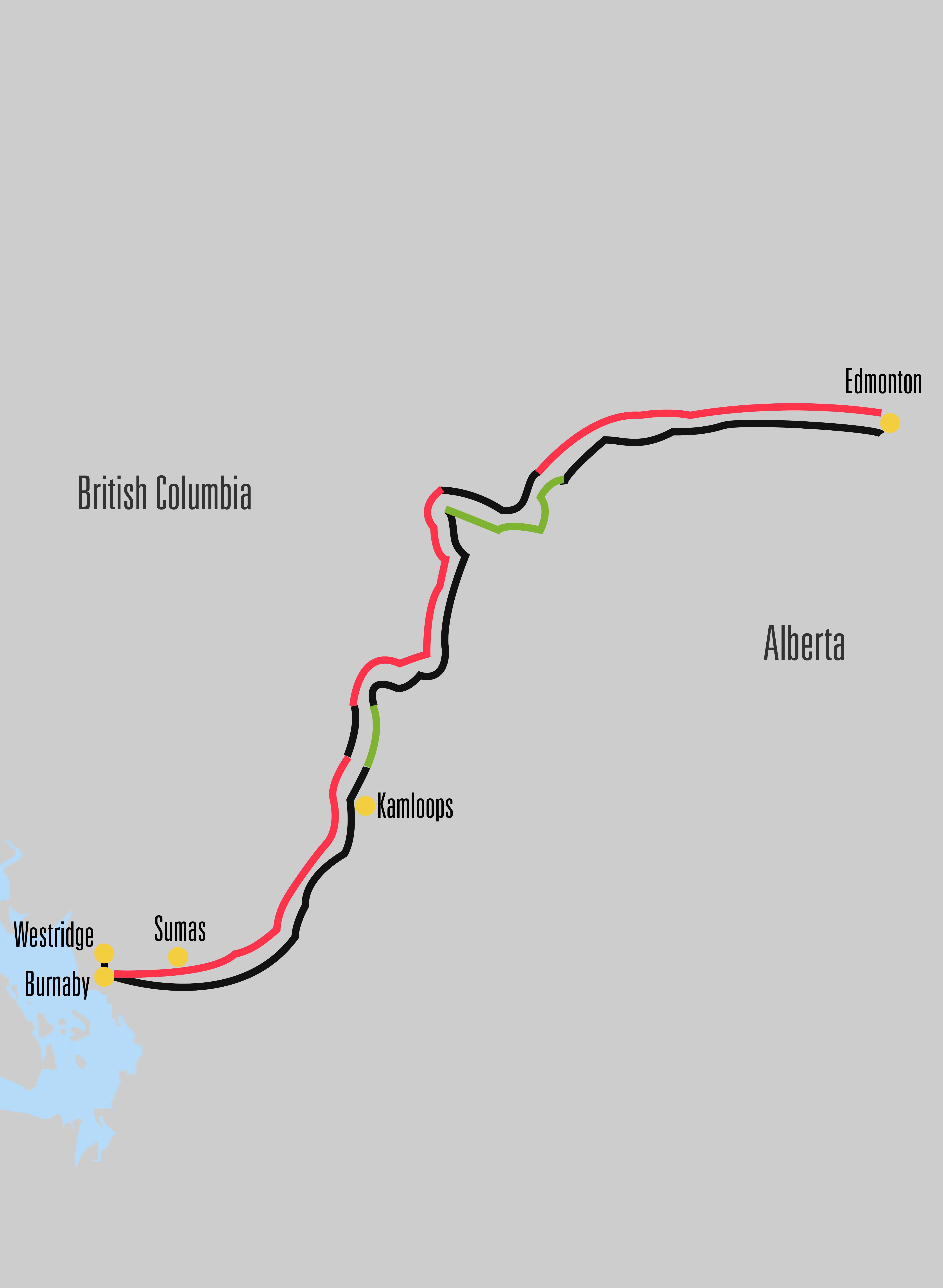
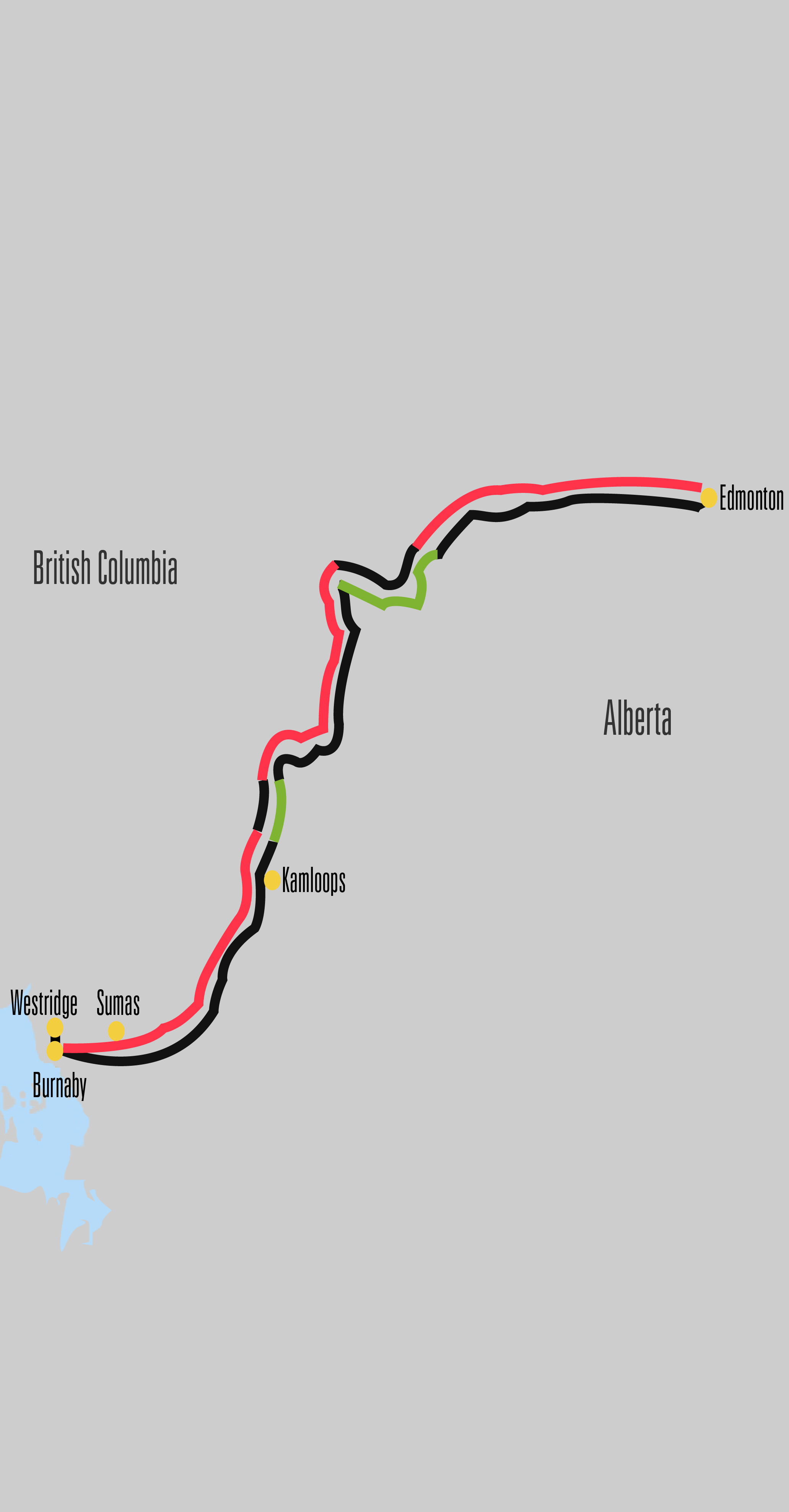
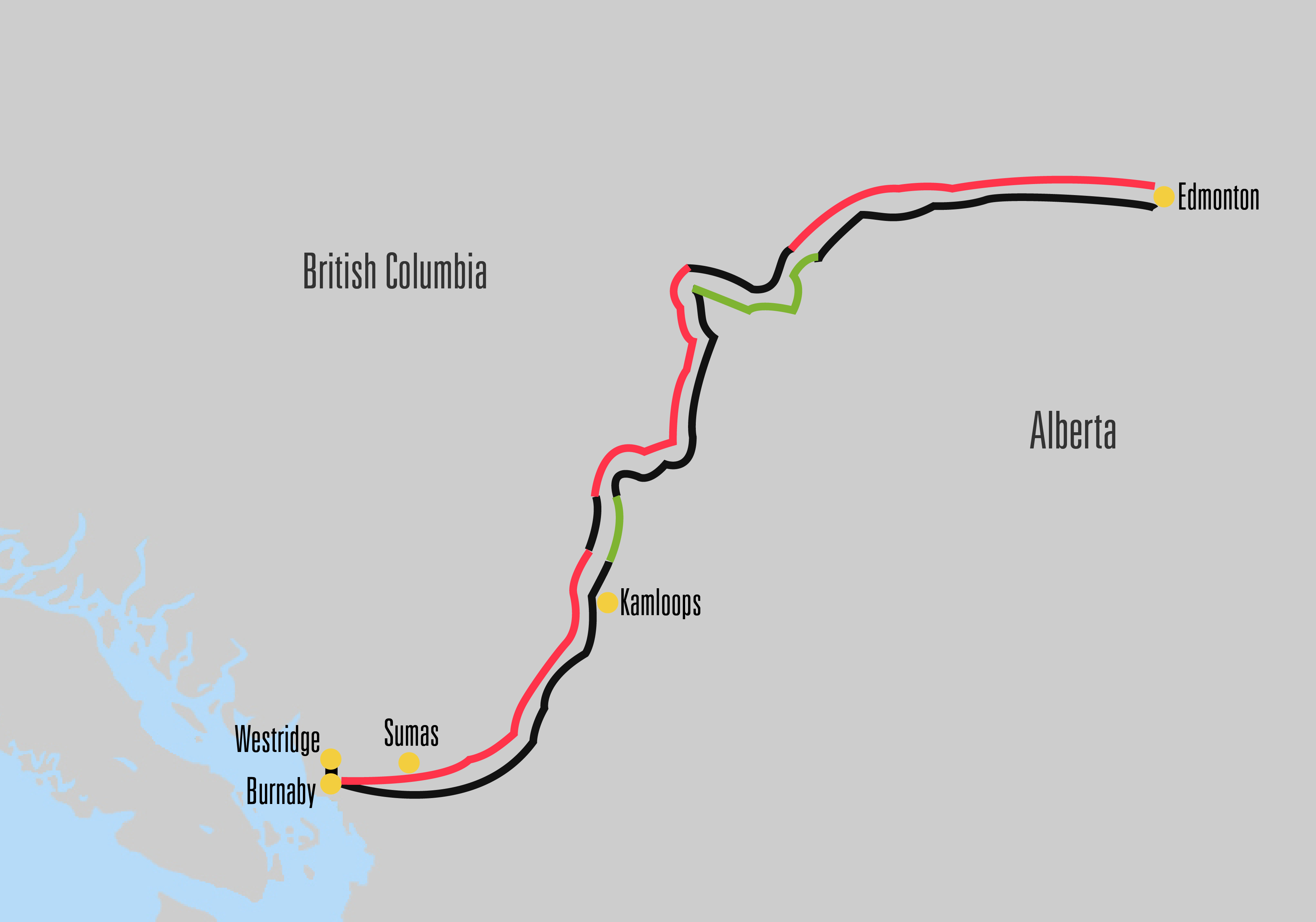
trans mountain pipeline
The Trans Mountain Pipeline is operated by Kinder Morgan, one of the largest energy infrastructure companies in North America. It transports oil from Alberta to British Columbia. The expansion includes a new pipeline that is approximately 980 km long. It will connect to existing pipelineswith 12 new pump stations, 19 new tanks to existing storage terminals, and three new berths at the Westridge Marine Terminal (Trans Mountain, 2016).
canada
The Trans Mountain Pipeline Expansion will have an affect on many Canadians. This includes some advantages and disadvantages once the projects starts. For instance, some politicians view it as a way to increase the overall gross domestic product (GDP) for Canada. On the other hand, there are also those who view the pipeline expansion as a risk to the community and the environment.






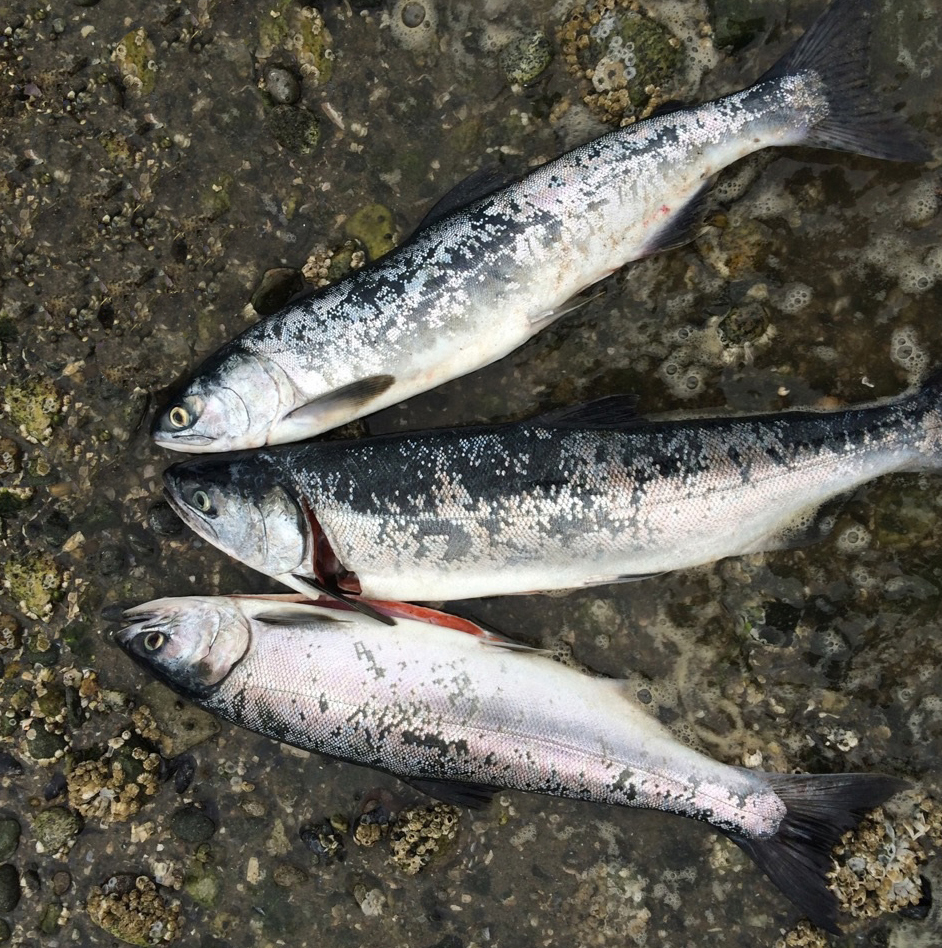
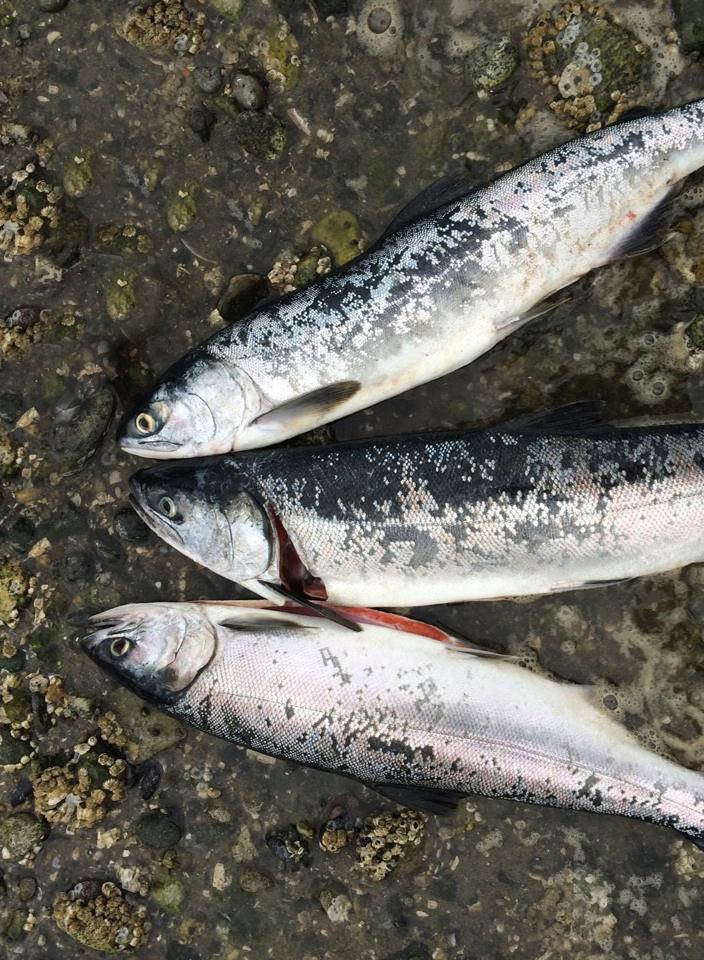
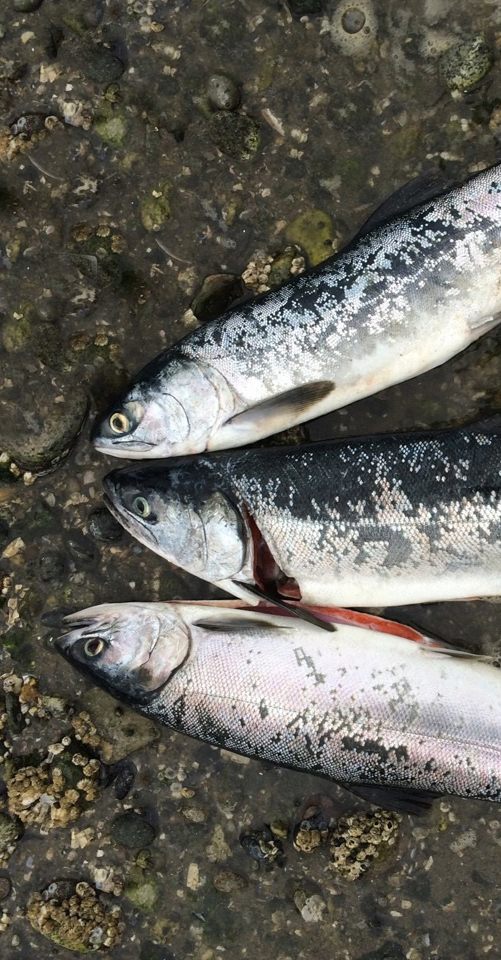
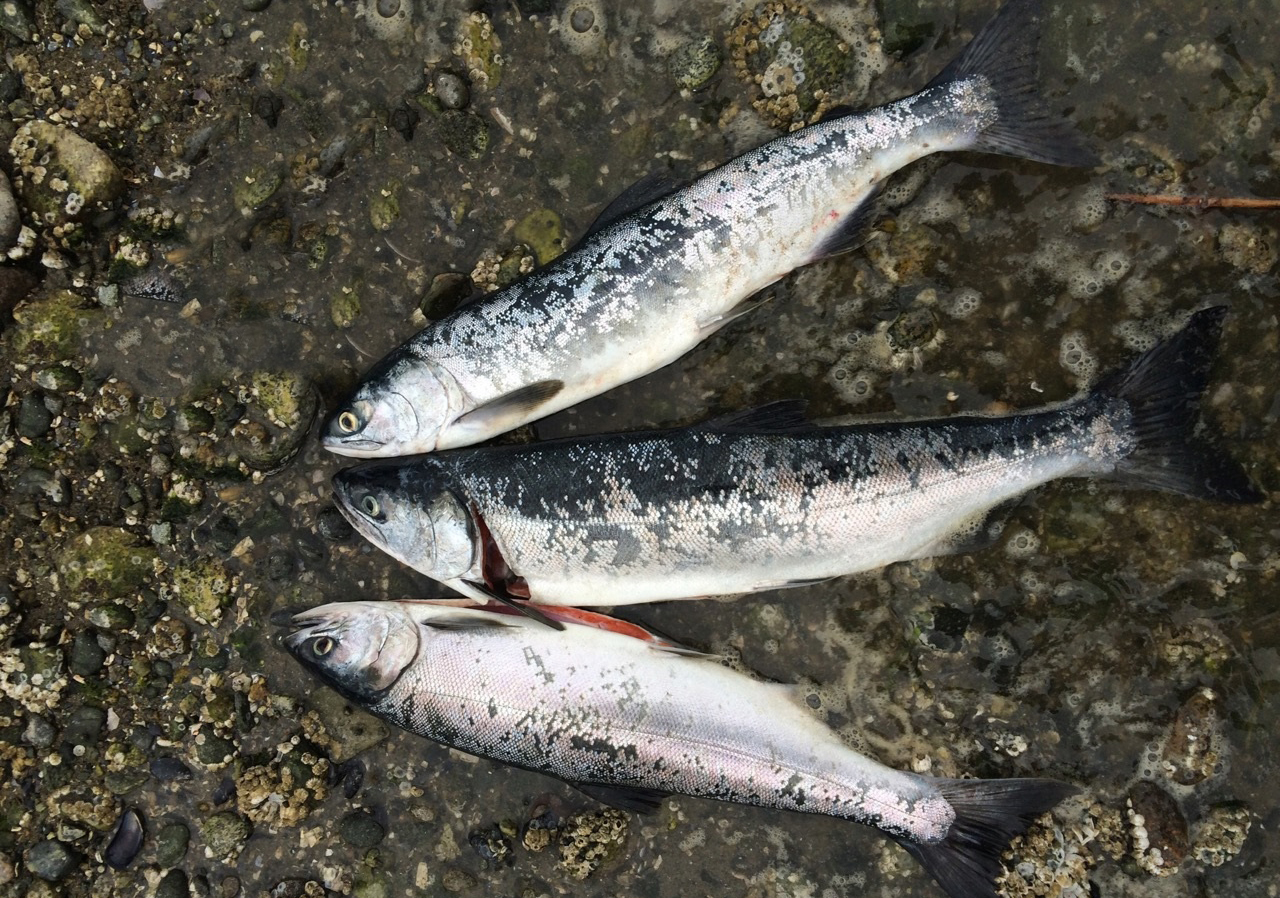
ecosystem
The Trans Mountain Pipeline expansion will have consequences on the environmental system. This involves the risk of oil spills and how it will affect the environment from the animals and their habitats. If a spill occurs, wildlife will be heavily affected by the disruption of the ecosystem due to the construction, operations, potential accidents, and malfunctions of the pipeline.
industrial
The construction of the pipeline will also have an impact on the technological side, this will consist of the potential costs for the expansion, the research of possible solutions if a spill takes place, and the benefits of building the pipeline. Some benefits would include an increase in construction jobs within British Columbia and a net increase for Canada’s gross domestic product (GDP).
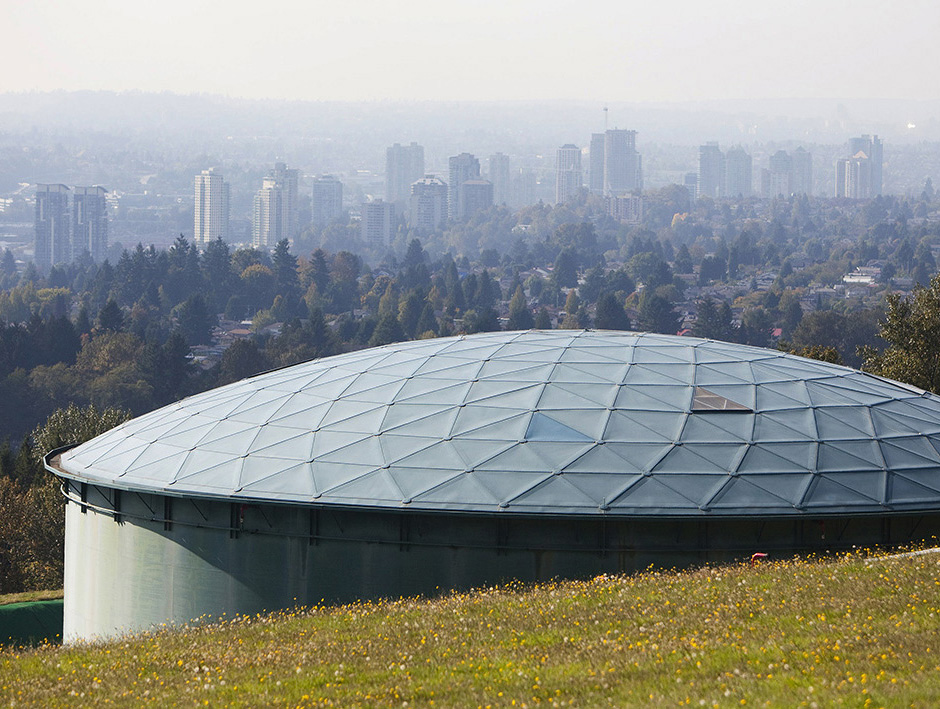

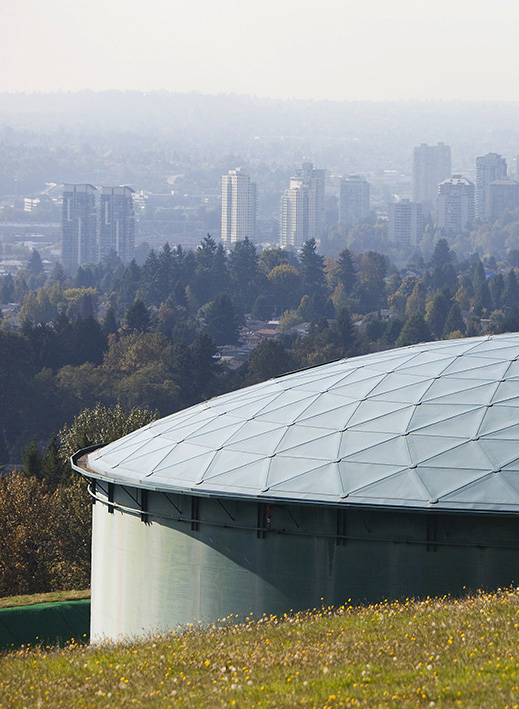
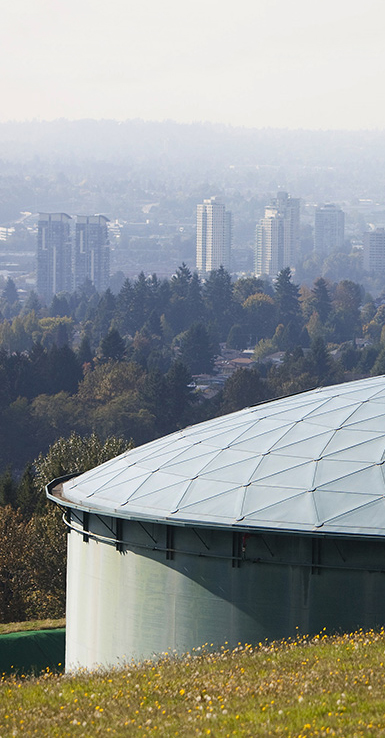
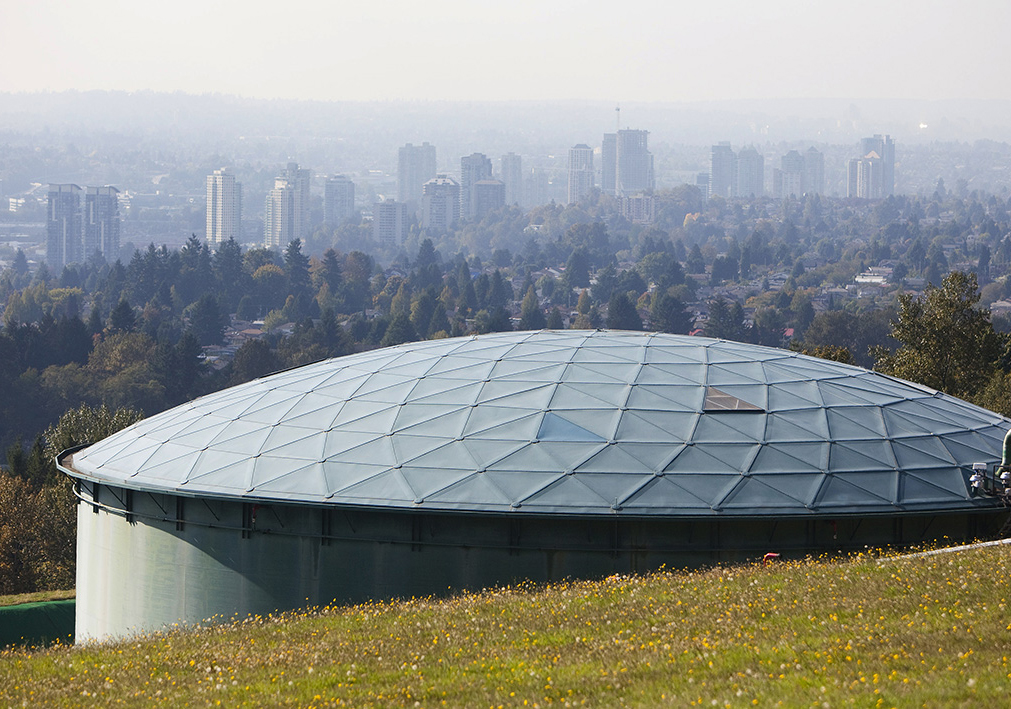

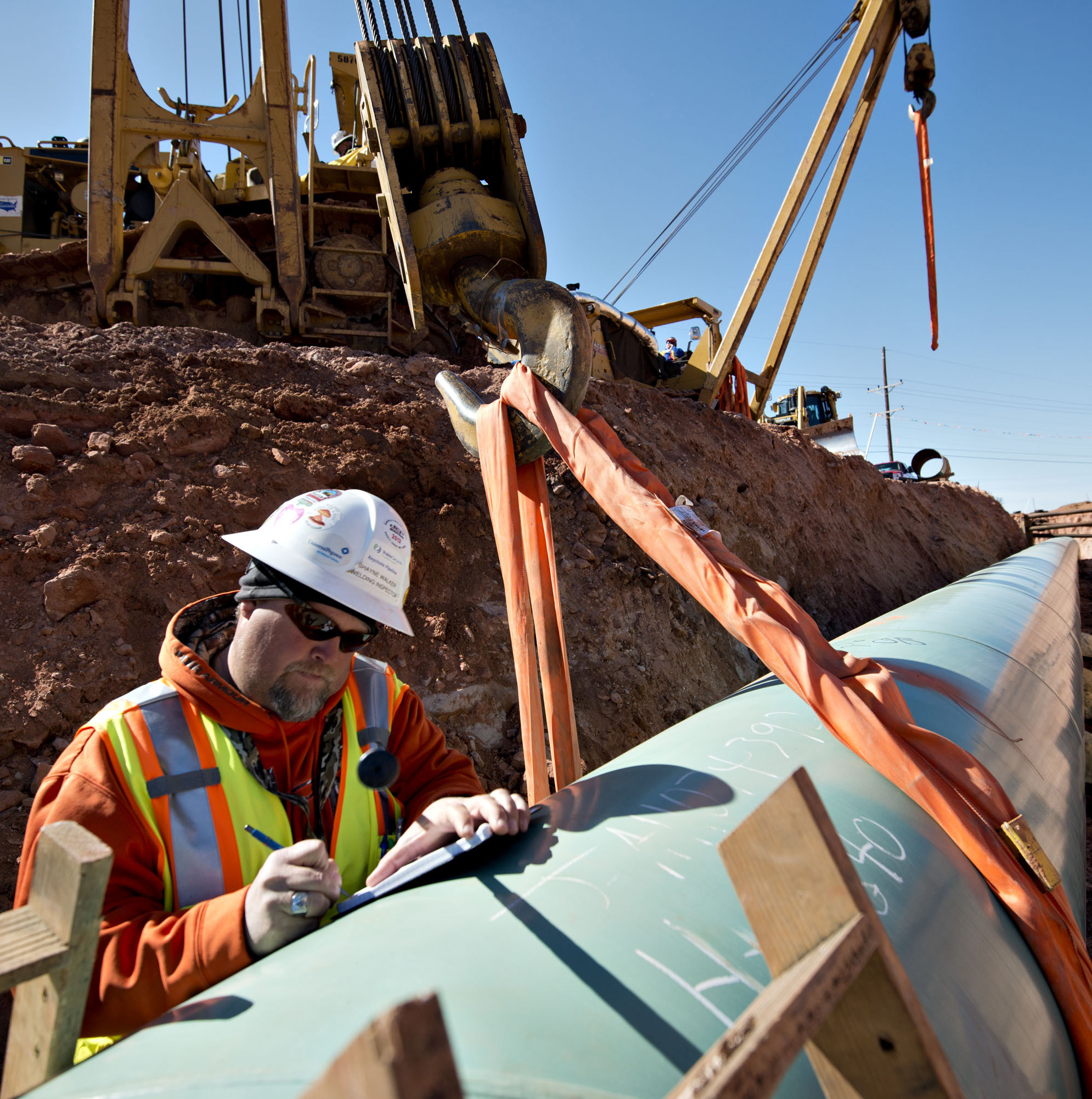
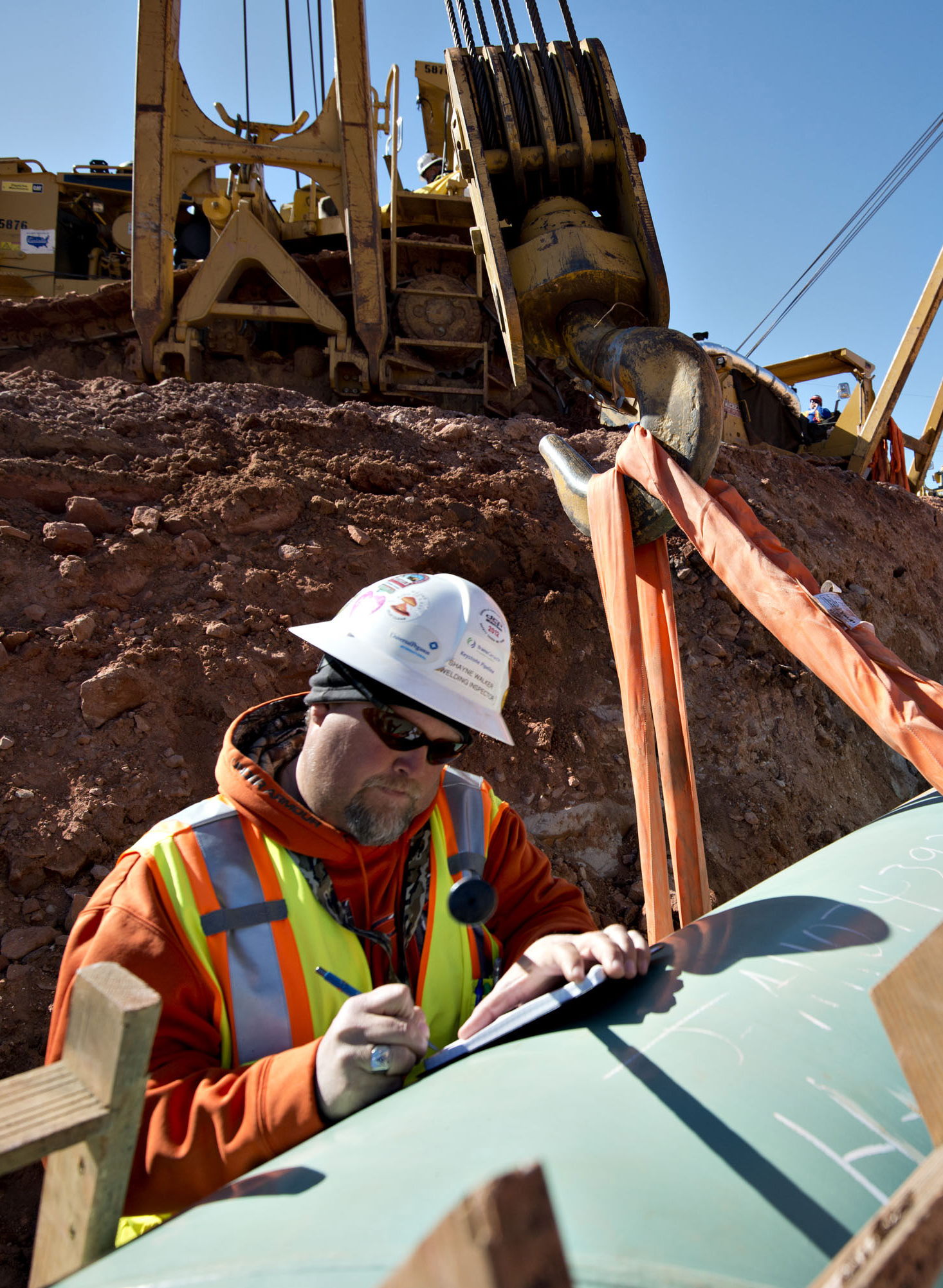
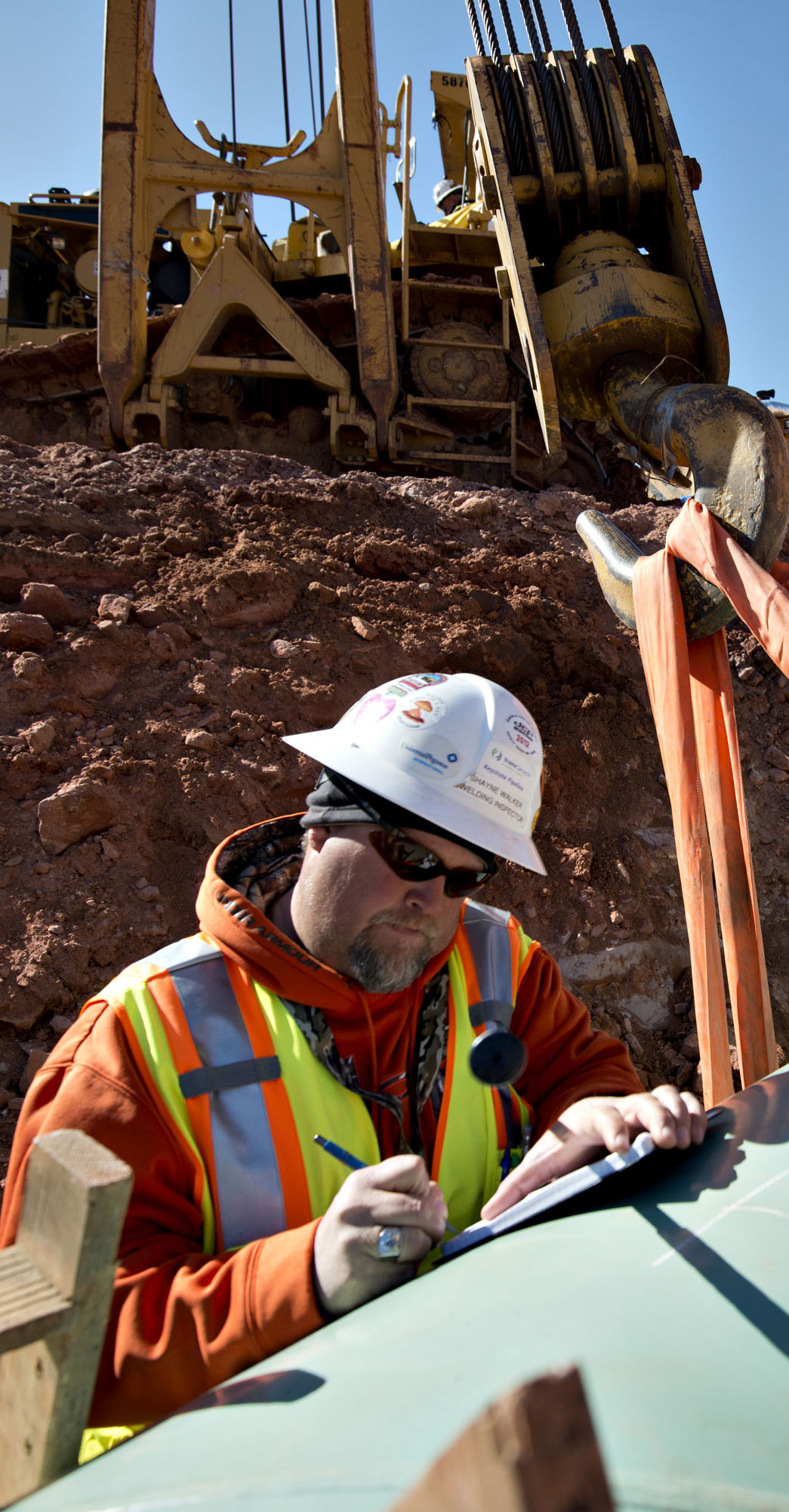

economy
The expansion of the Trans Mountain Pipeline will affect Canada’s economy. For instance, the increase of jobs in the infrastructure and construction industry will increase by 15,000 jobs. As of fall 2016, the number of employees in British Columbia’s construction sector is 210,000 and will increase by 6.66%. This project will boost Canada’s gross domestic product (GDP) by $19.1 billion during construction and operations over the next 20 years.